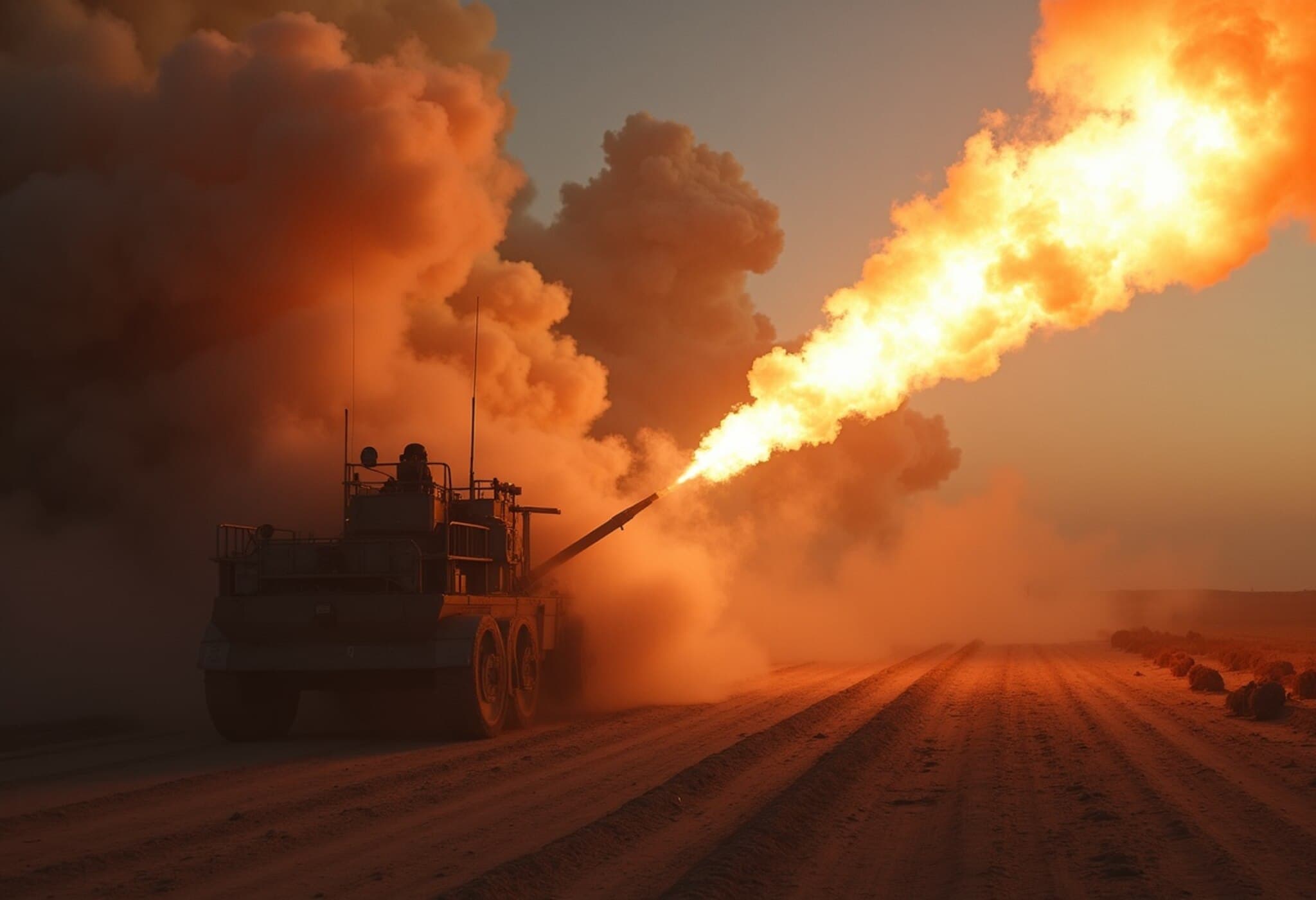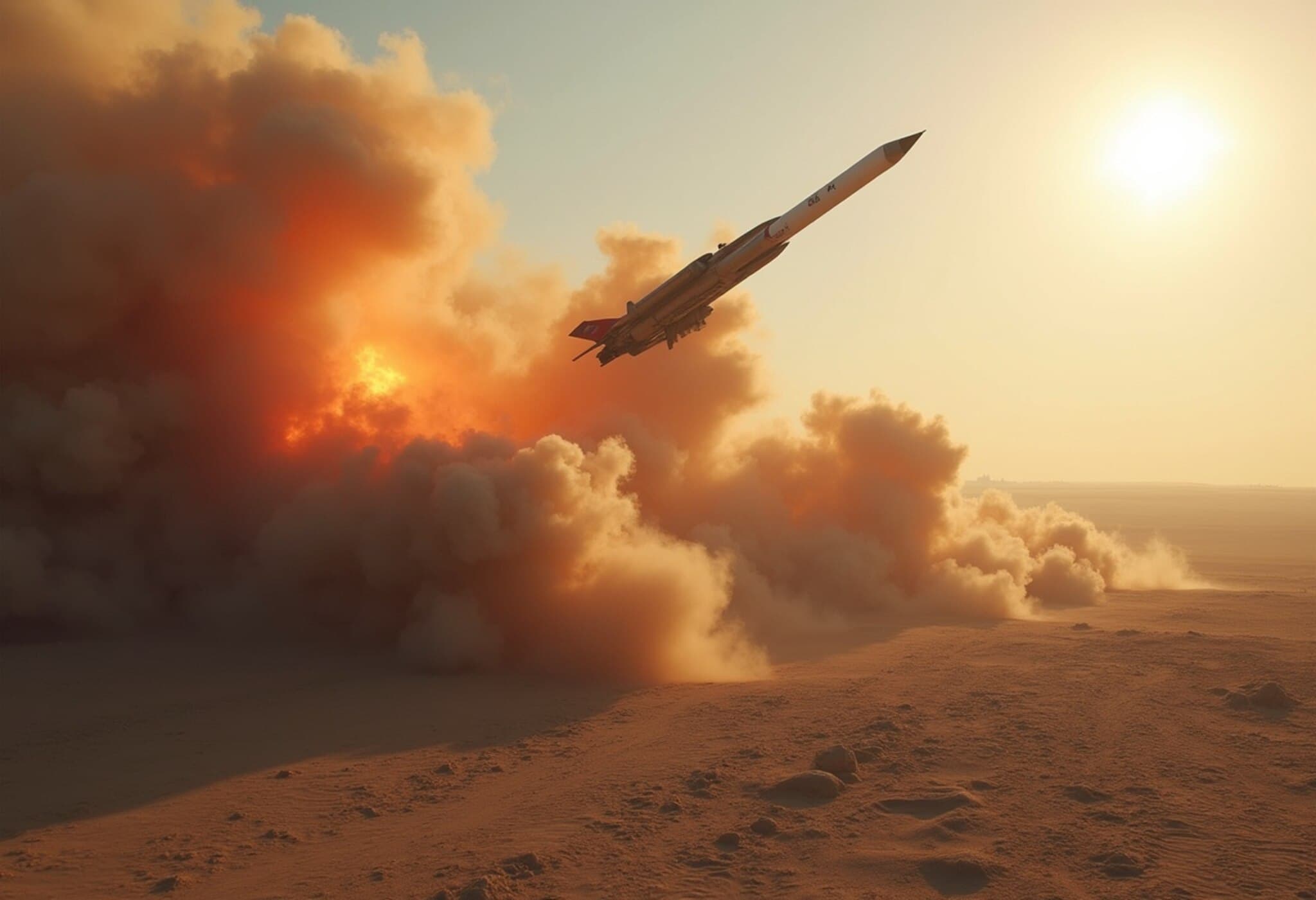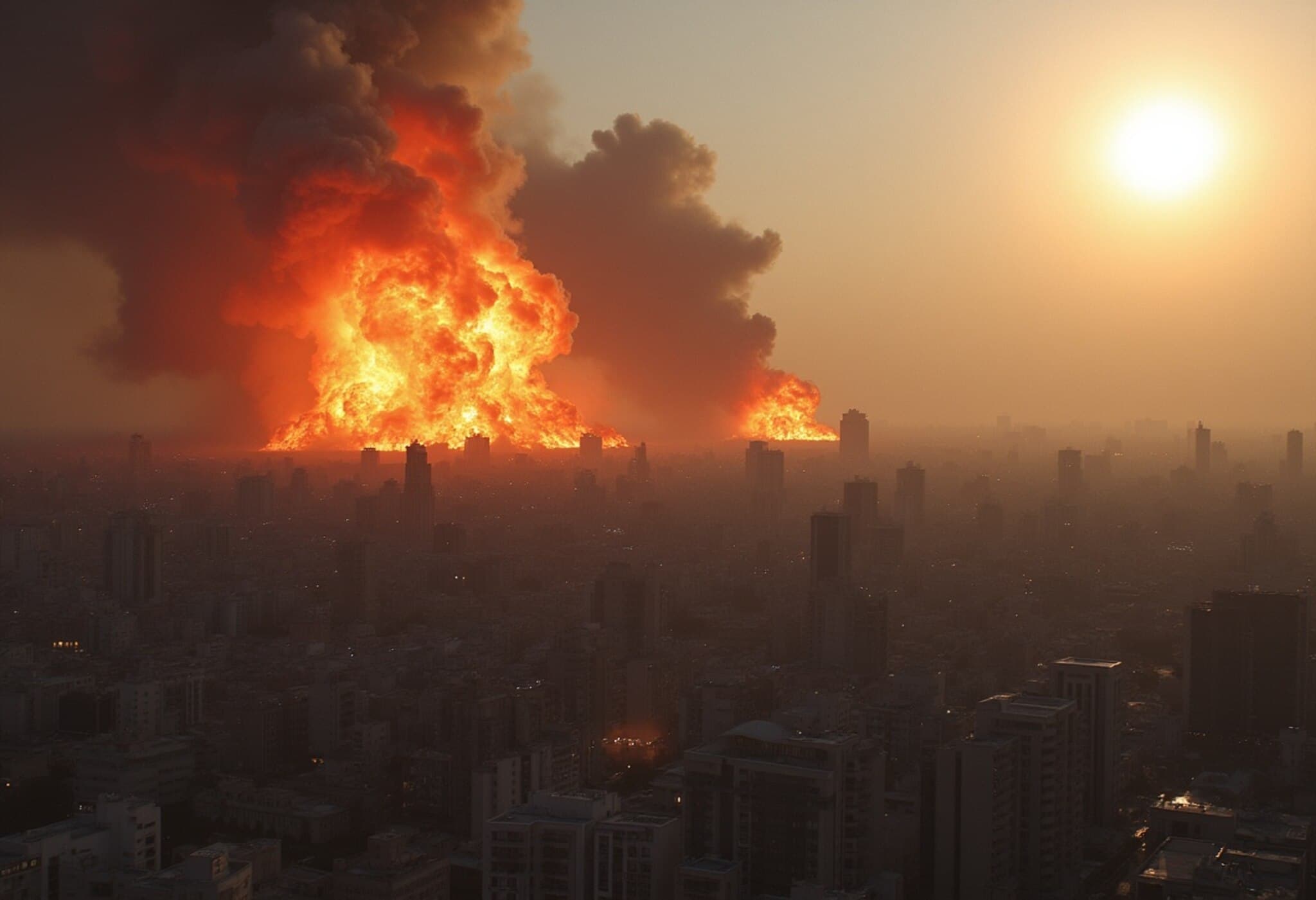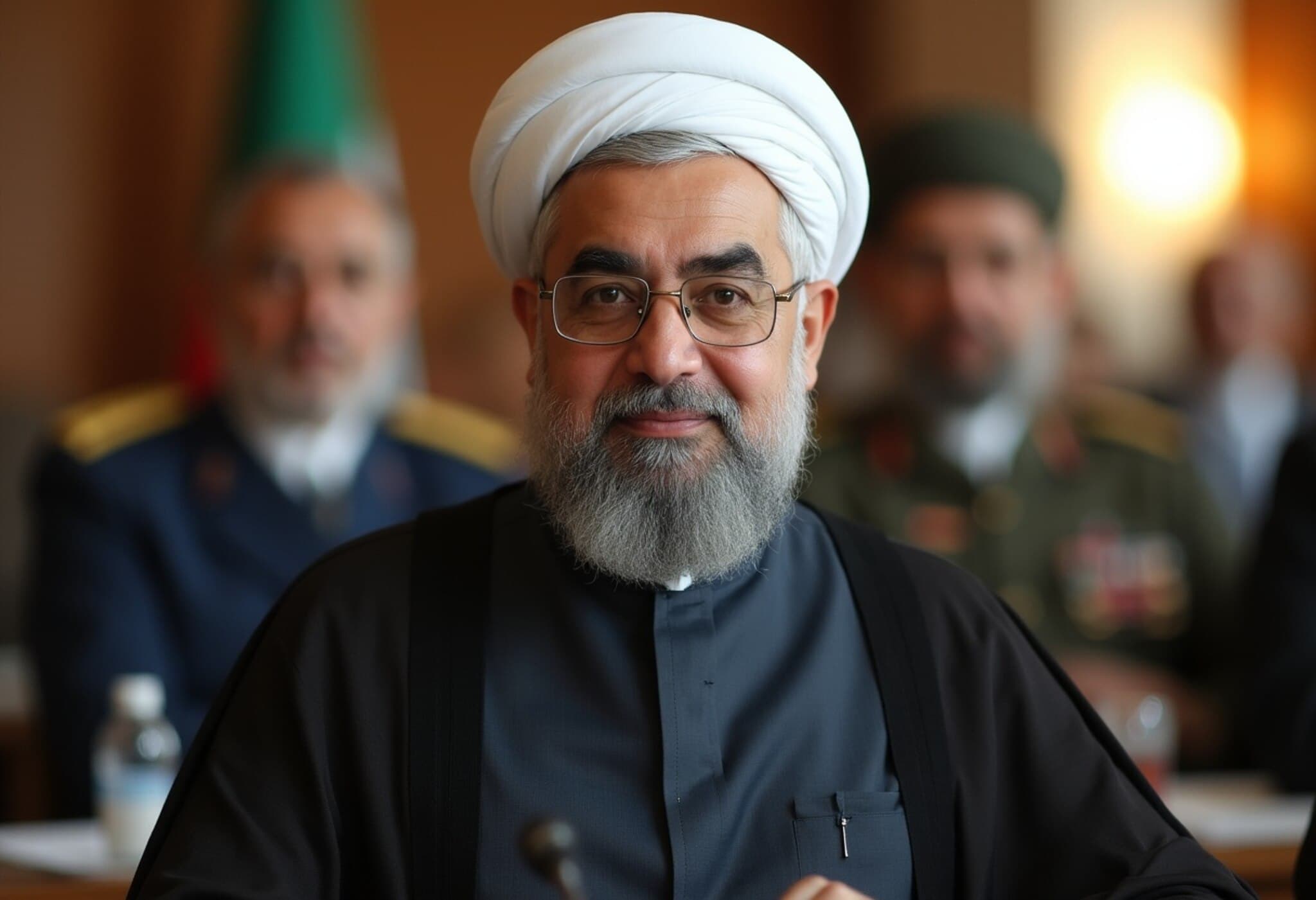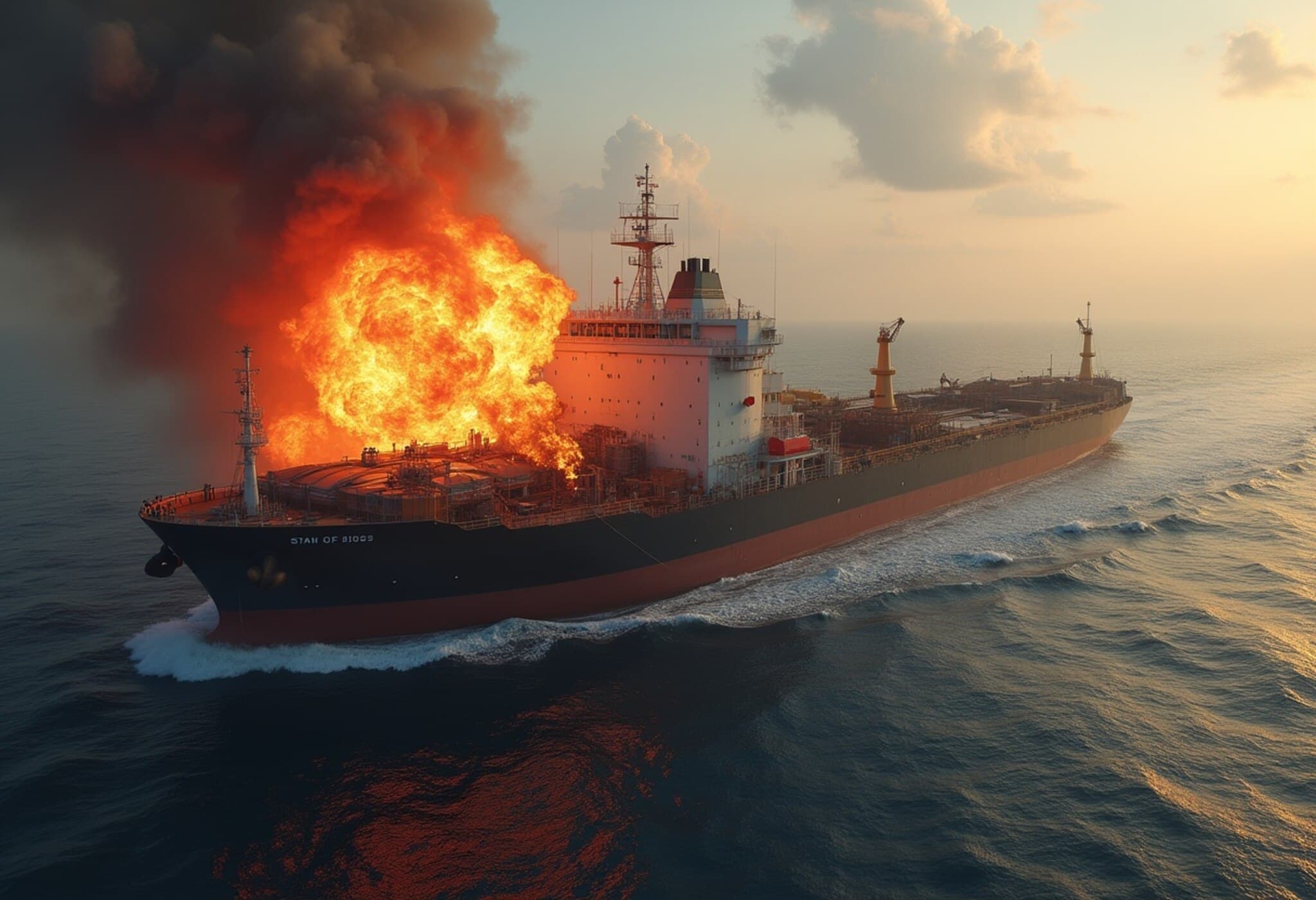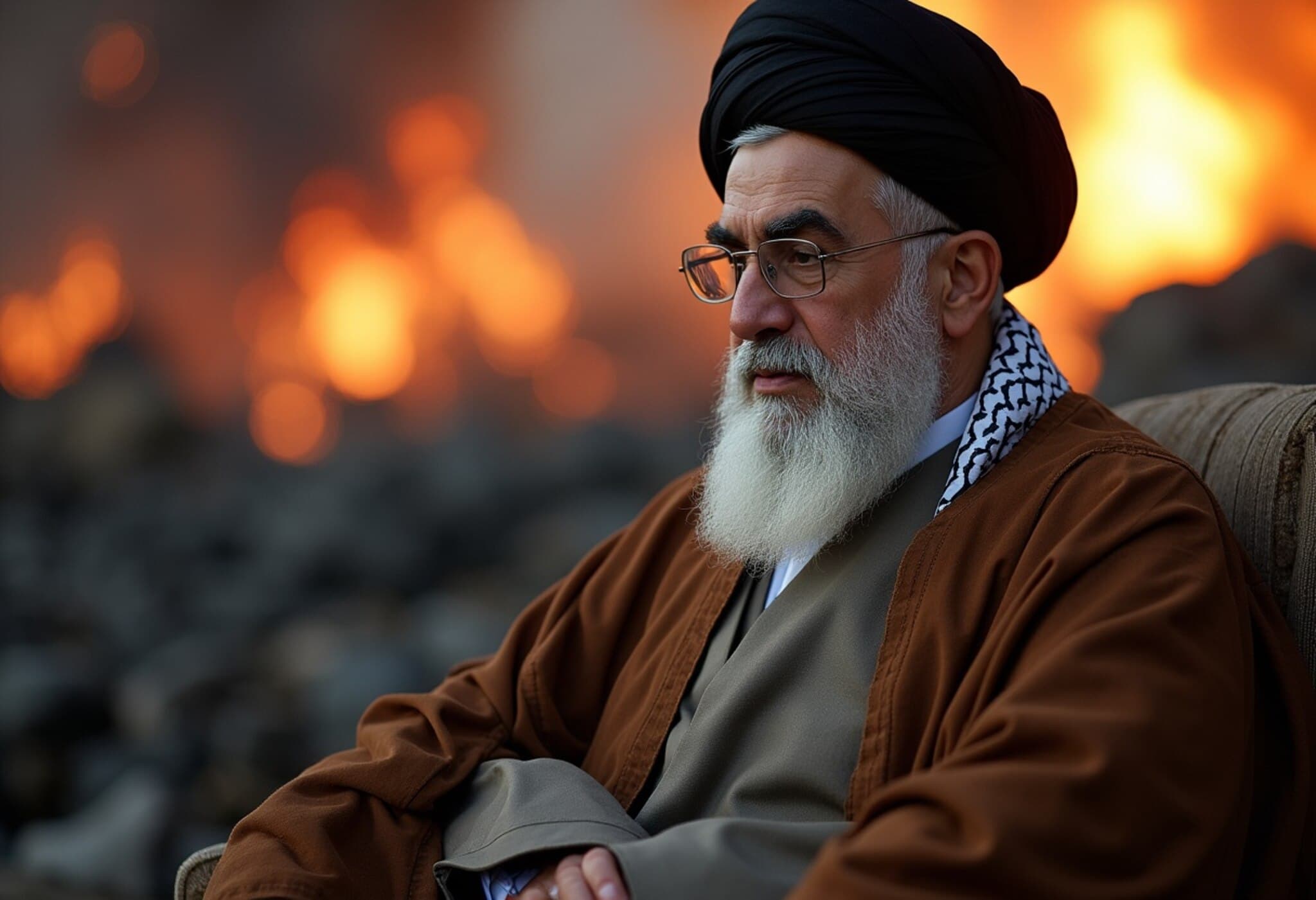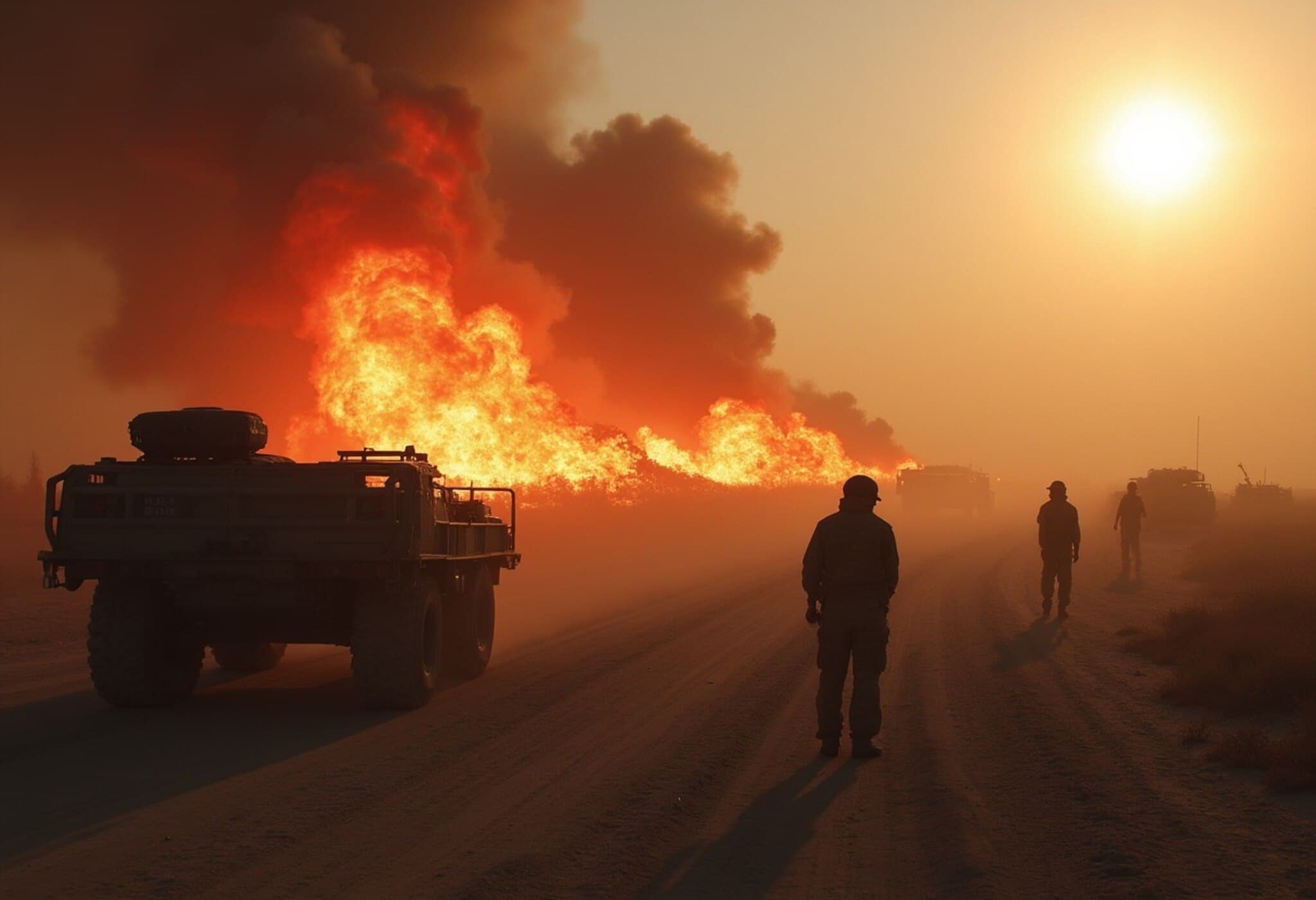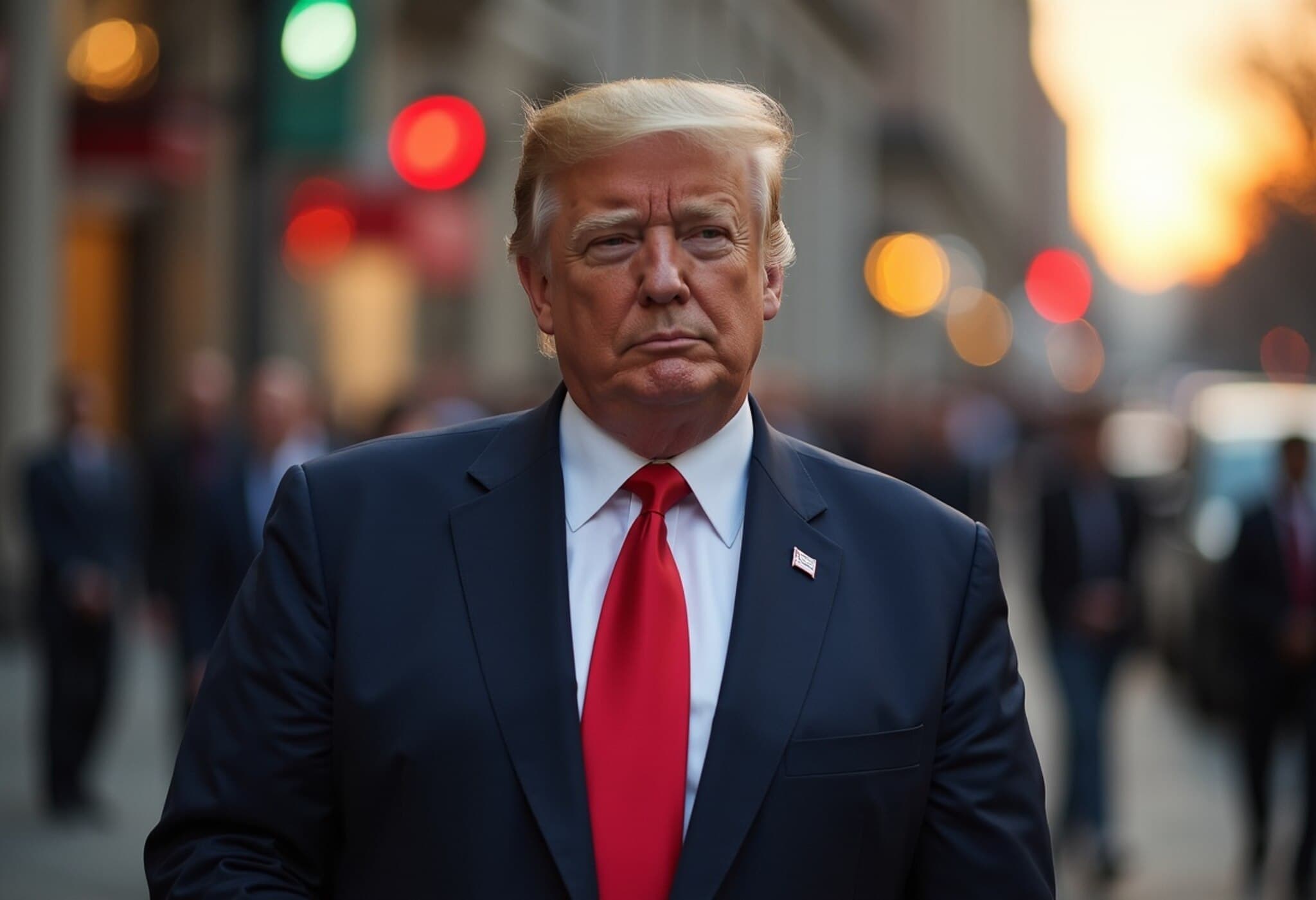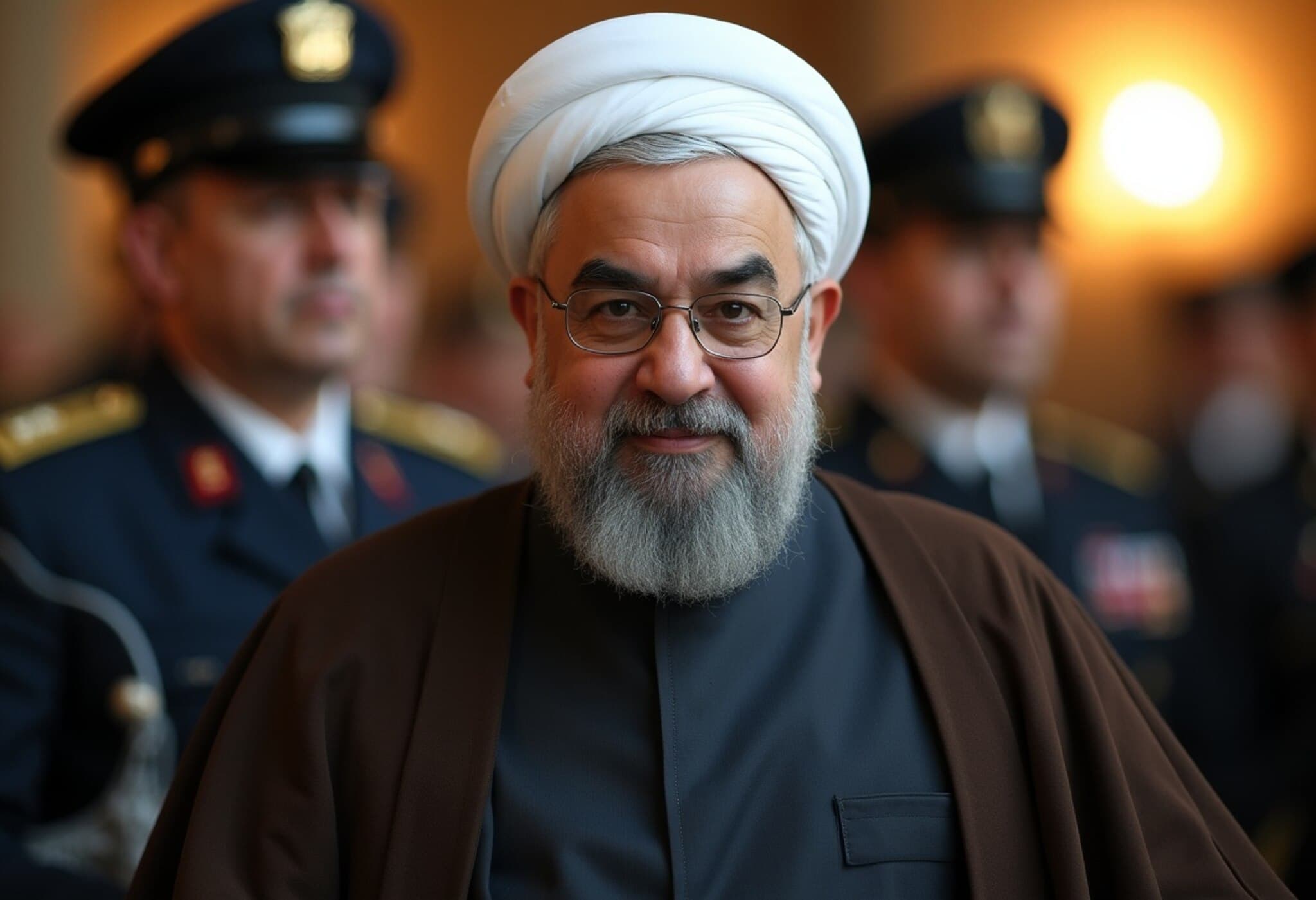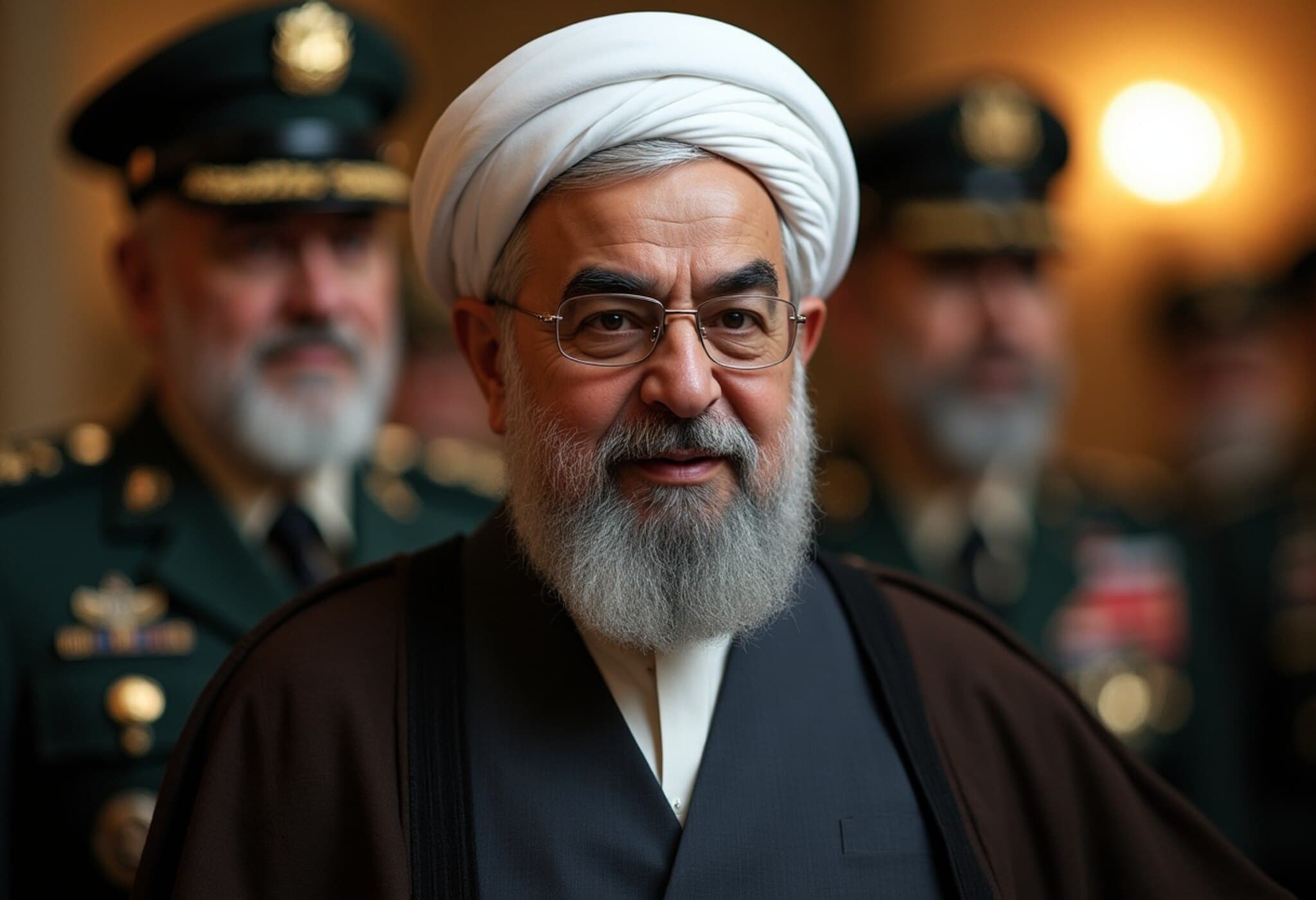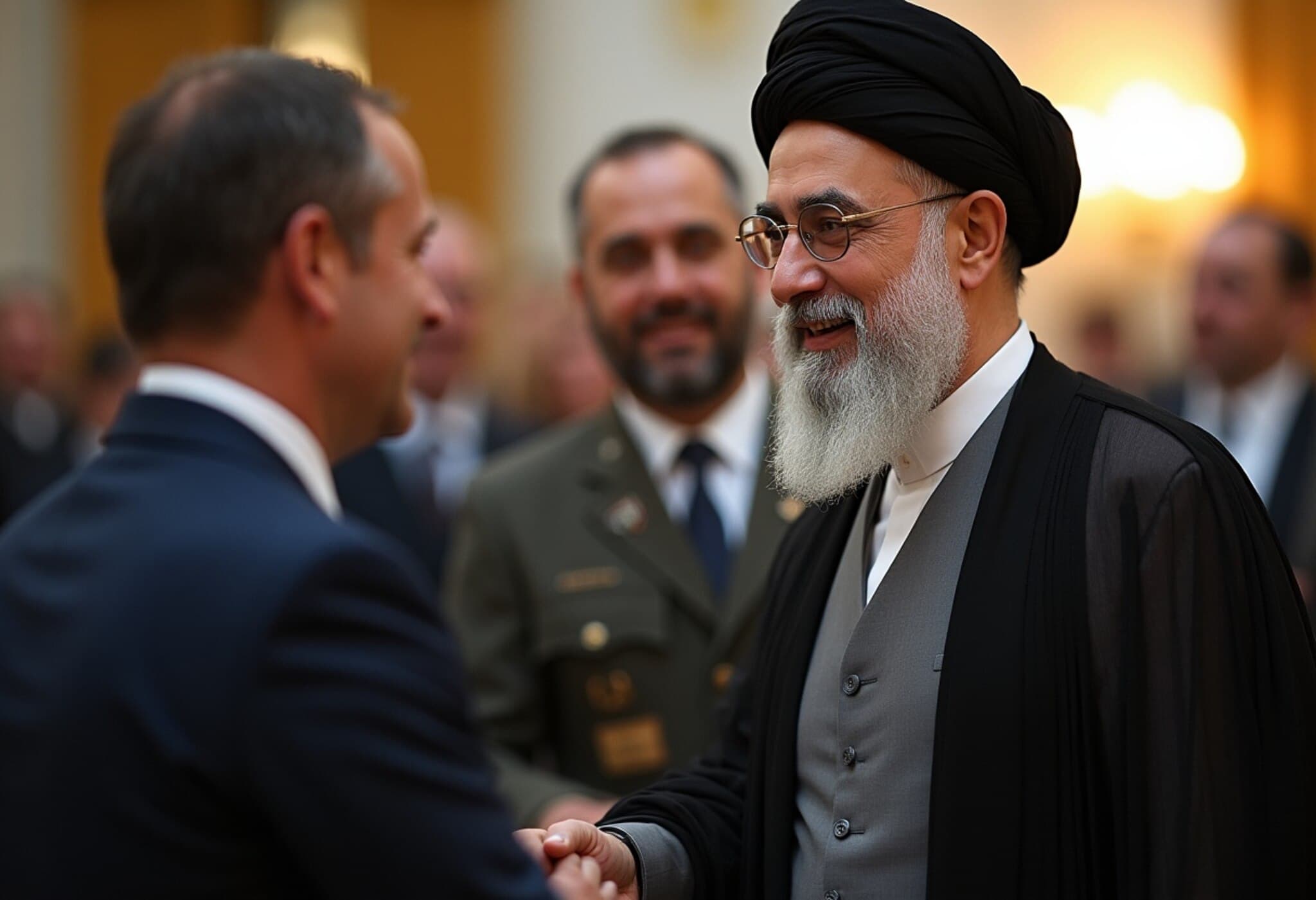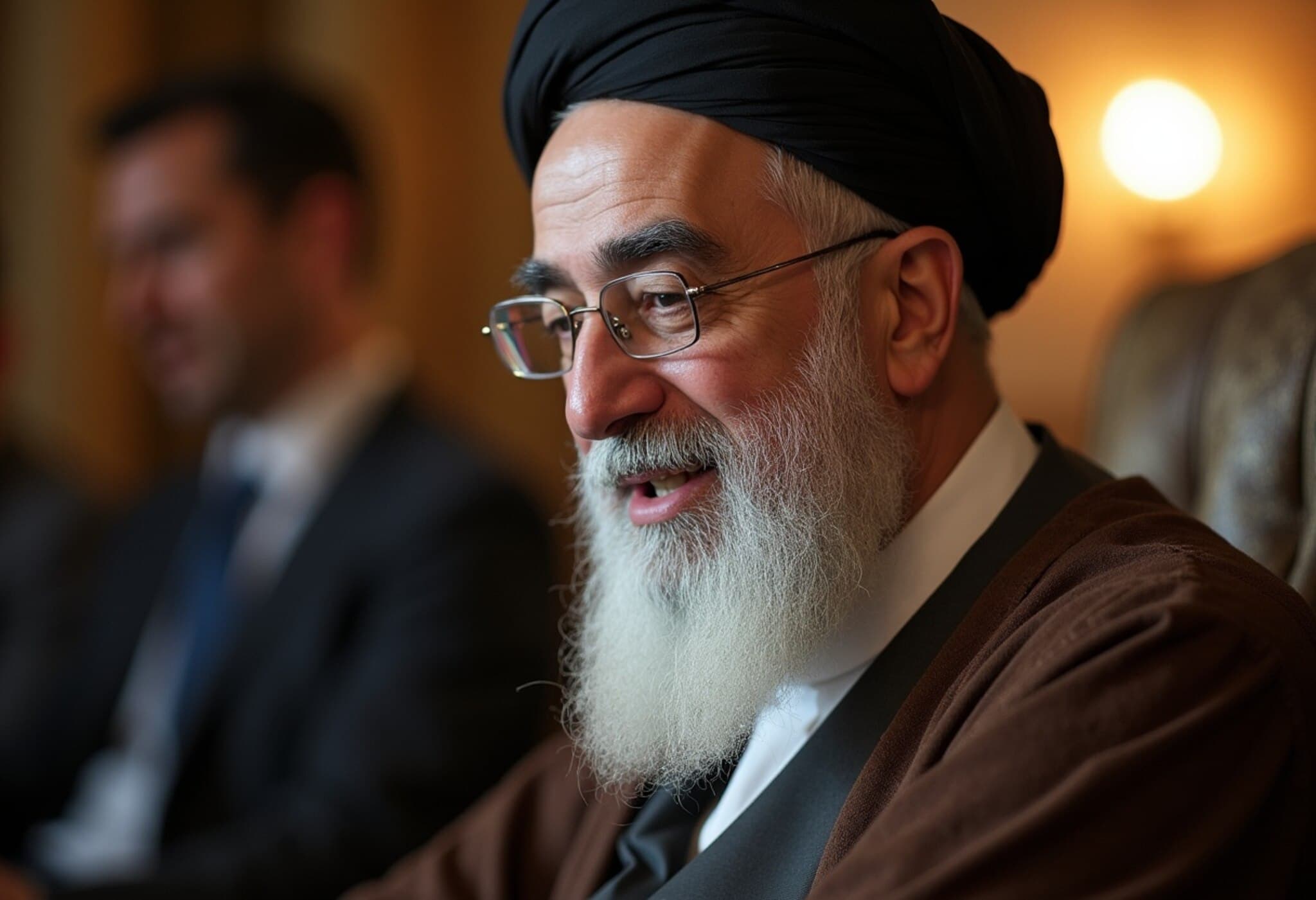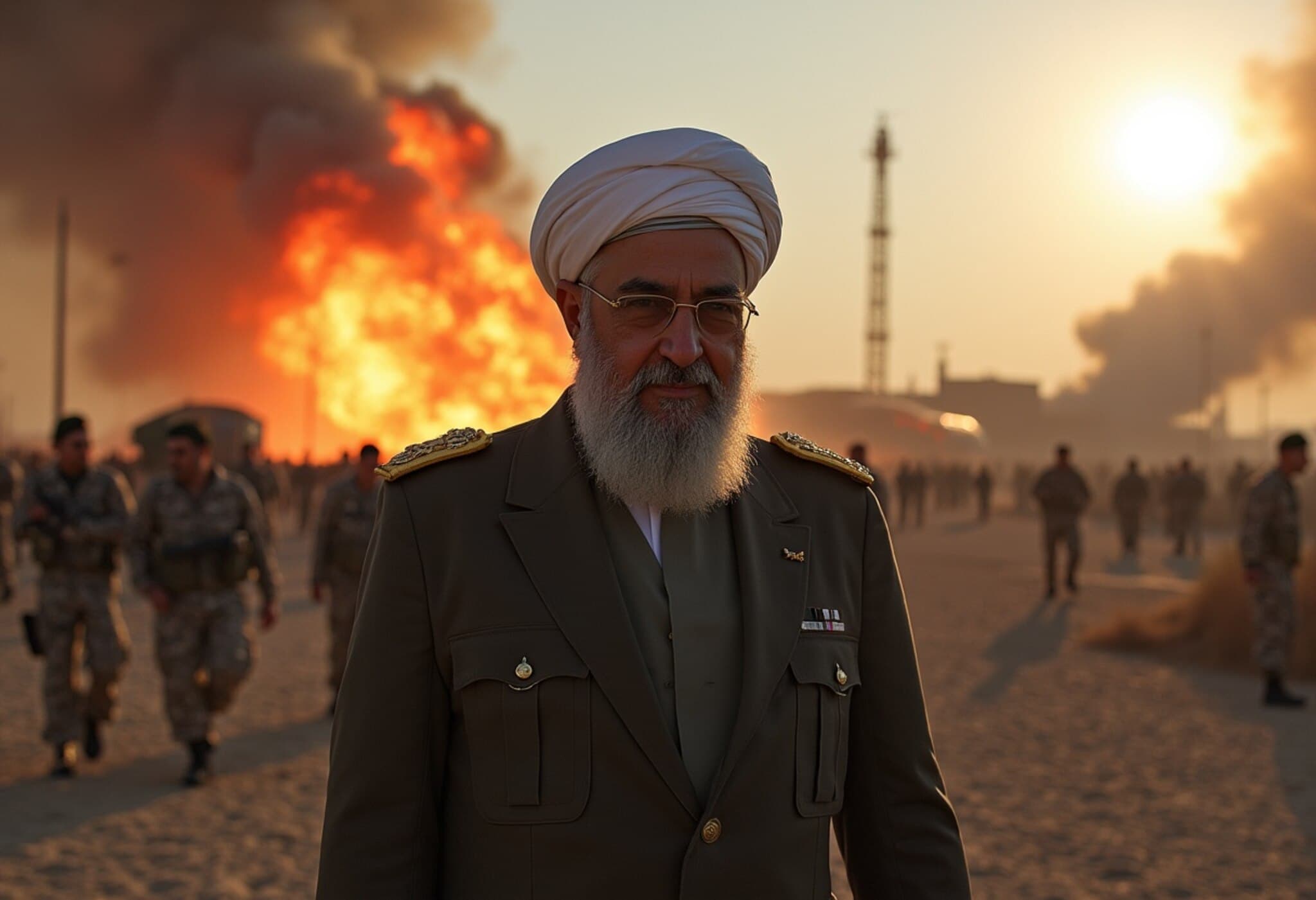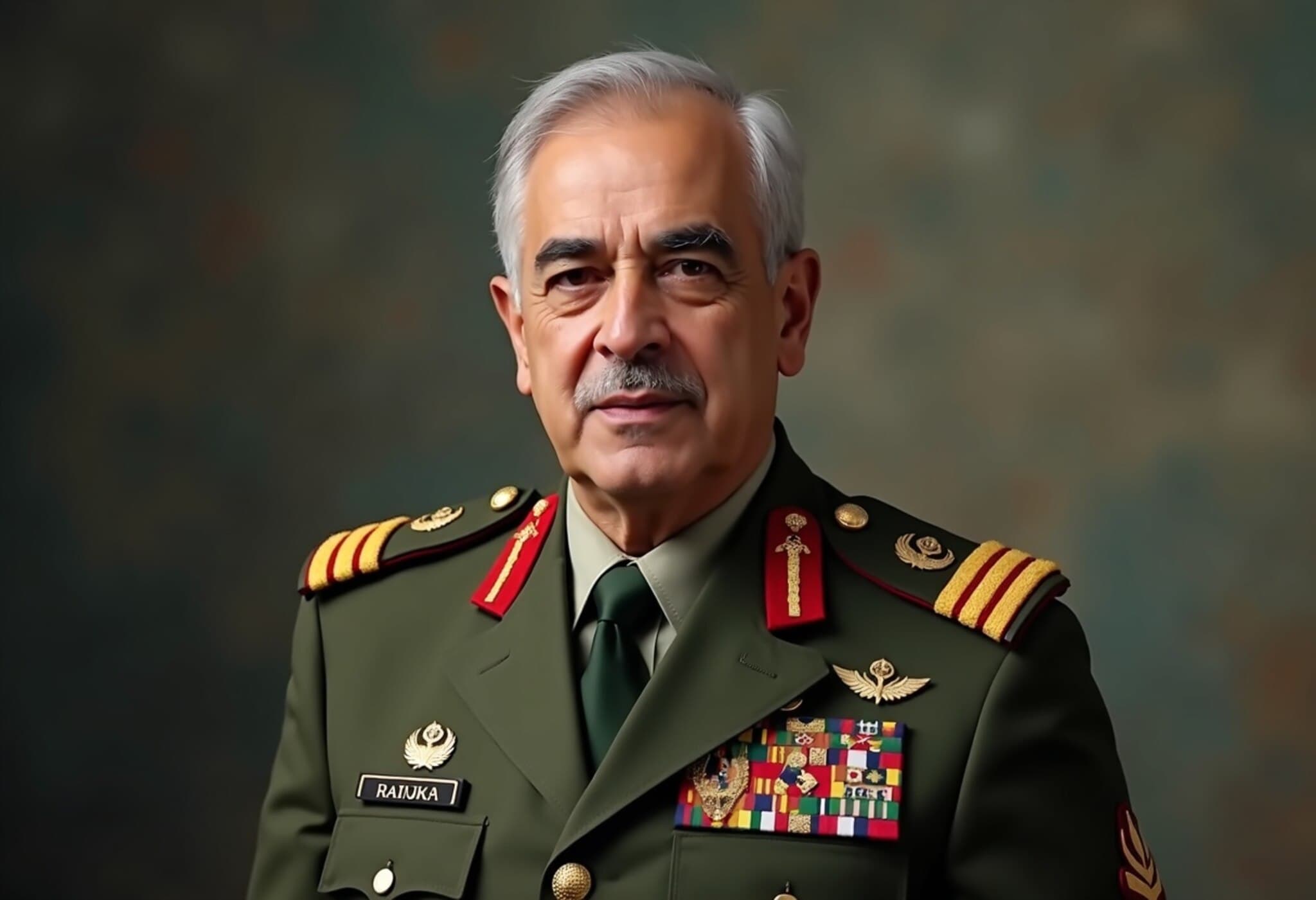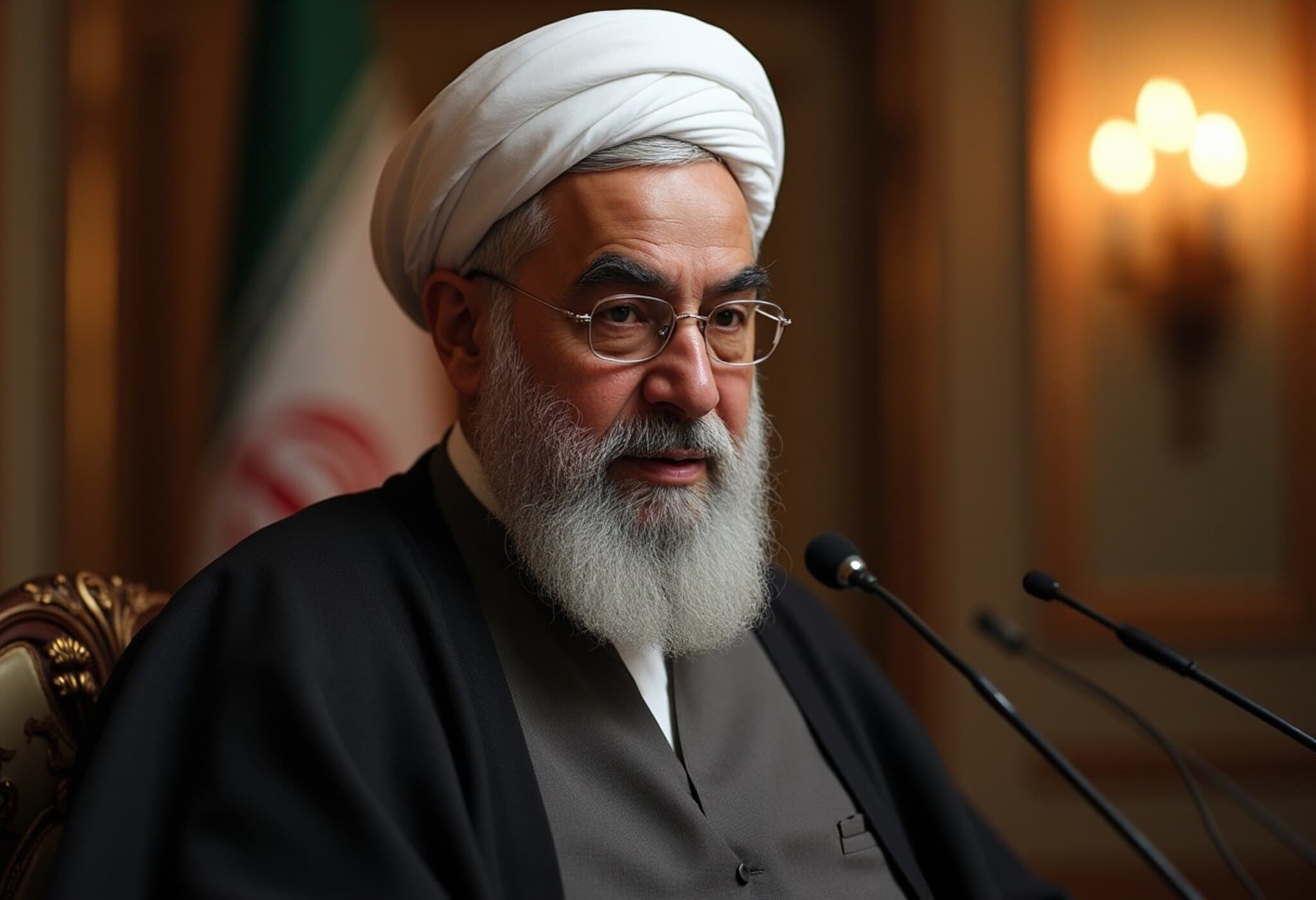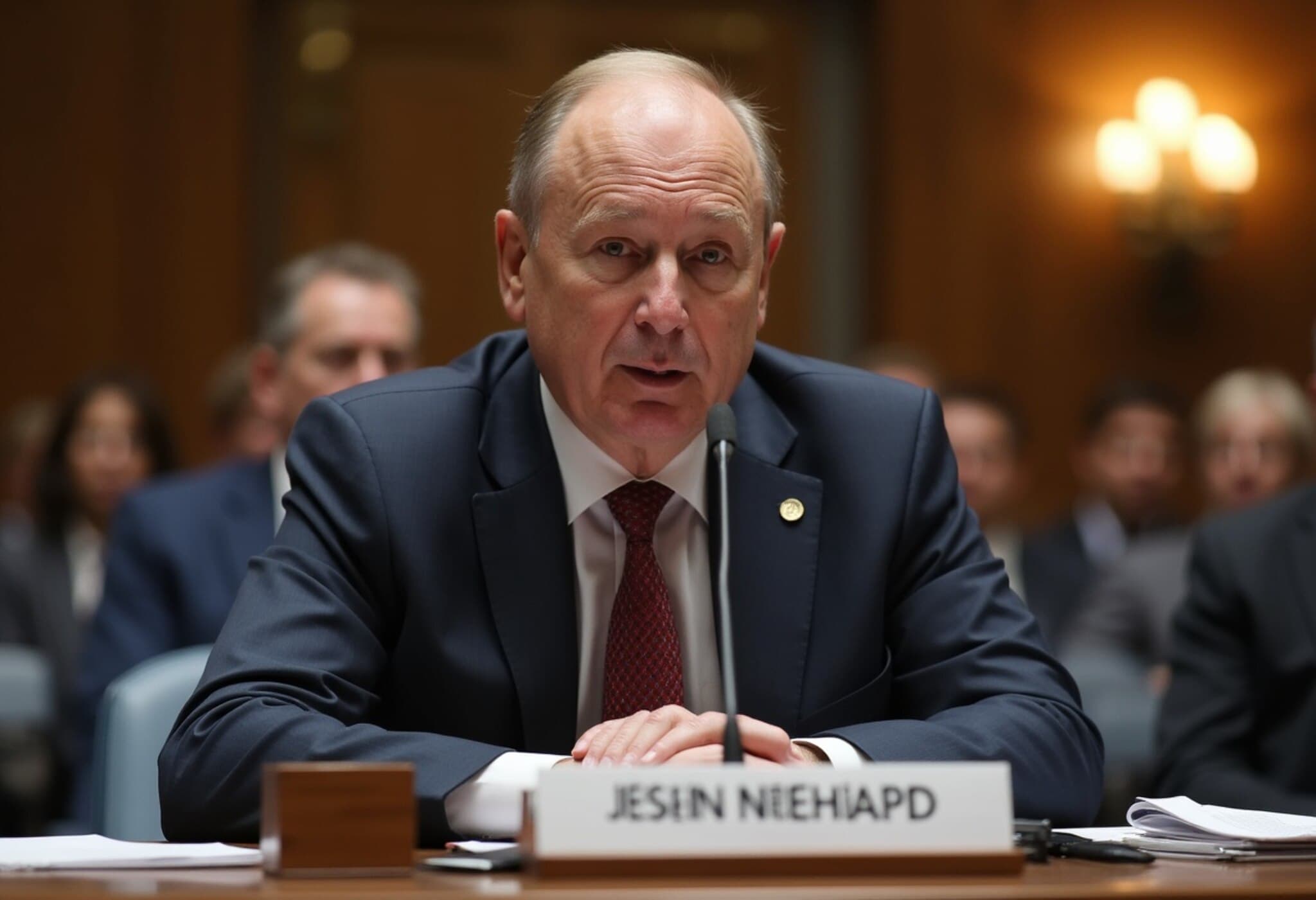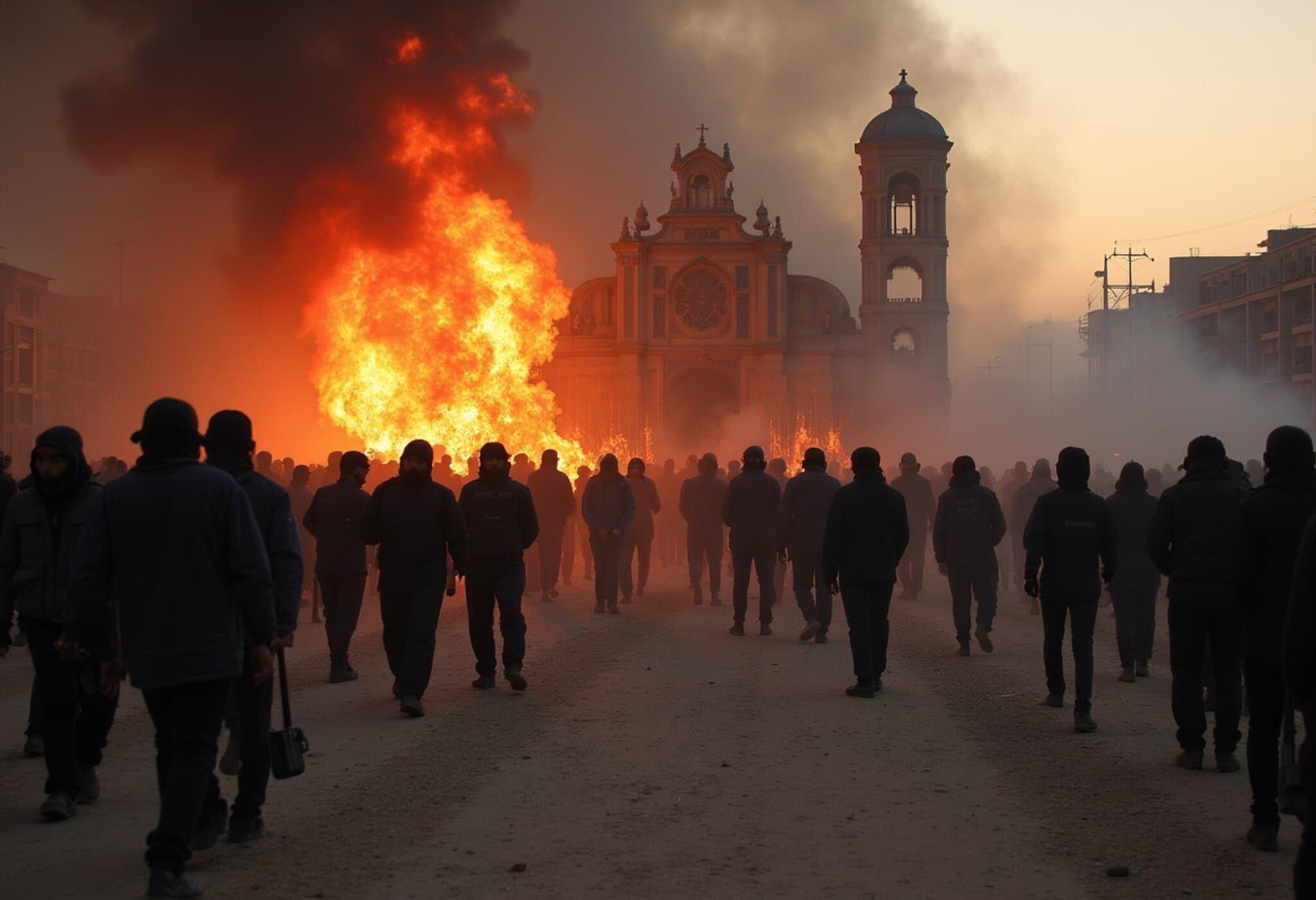Iran's Supreme Leader Responds to US Attacks on Nuclear Sites
Iran's Supreme Leader, Ayatollah Ali Khamenei, has issued a stern warning following the recent United States airstrikes targeting three of Tehran's critical nuclear facilities. Describing Israel as the "Zionist enemy," Khamenei declared that the punishment for what he called a grave crime is underway and will persist.
In his initial statement after the bombings, Khamenei emphasized, "The Zionist enemy has made a big mistake, committed a big crime; it must be punished and it is being punished; it is being punished right now." Alongside his remarks, he shared imagery symbolizing the strikes, notably featuring a skull emblazoned with the Star of David—a potent emblem associated with Israel.
Escalating Missile Strikes and Threats in the Region
The Iranian Revolutionary Guard Corps (IRGC) responded vigorously, launching over 40 missiles targeting Israel, including the formidable Khorramshahr-4 missile known for its heavy payload capacity. This retaliation followed the US's decisive bombing campaign against Iran's nuclear infrastructure.
Adding to the mounting tensions, a top aide to Khamenei announced intentions for swift reprisals, threatening actions against US naval forces in Bahrain and the strategic closure of the Strait of Hormuz to Western military vessels. Specifically, the aide stated:
"It is now our turn to act without delay. As a first step, we must launch a missile strike on the US naval fleet in Bahrain and simultaneously close the Strait of Hormuz to American, British, German, and French ships."
Backdrop: Operation Rising Lion and US Military Intervention
These developments trace back to Tel Aviv’s initiation of "Operation Rising Lion" against Iran’s nuclear sites on June 13, sparking a series of aggressive exchanges. Since then, Tehran has targeted Israeli cities with drones and missile attacks, intensifying the conflict.
On Sunday, the United States joined the fray with coordinated strikes on Iran’s nuclear facilities at Fordow, Natanz, and Esfahan. The assault was notable for the deployment of advanced weaponry, including B-2 stealth bombers equipped with 30,000-pound bunker buster bombs, along with Tomahawk cruise missiles, F-22 Raptors, and F-35A Lightning fighters.
Fordow, in particular, stands out as Iran’s most secretive and heavily fortified nuclear site, accessible only to the most precise and powerful American firepower.
Warnings from US Leadership
Following the attacks, former US President Donald Trump addressed Iran directly, referring to the nation as the "bully of the Middle East." He issued a stark warning, urging Iran toward peace but threatening intensified assaults otherwise. Trump stated:
"If they do not [make peace], future attacks will be far greater and a lot easier. If peace does not come quickly, we will go after those other targets with precision, speed, and skill. Most of them can be taken out in a matter of minutes."
Regional Stakes and Outlook
The latest military exchanges underscore a fragile and escalating situation in the Middle East, with Iran and its adversaries locked in a high-stakes confrontation. The threat to maritime routes like the Strait of Hormuz, a vital artery for global oil transportation, adds further complexity and urgency to the crisis.
As tensions mount, all eyes remain on possible next moves by both sides, with the region bracing for potential further escalation.

